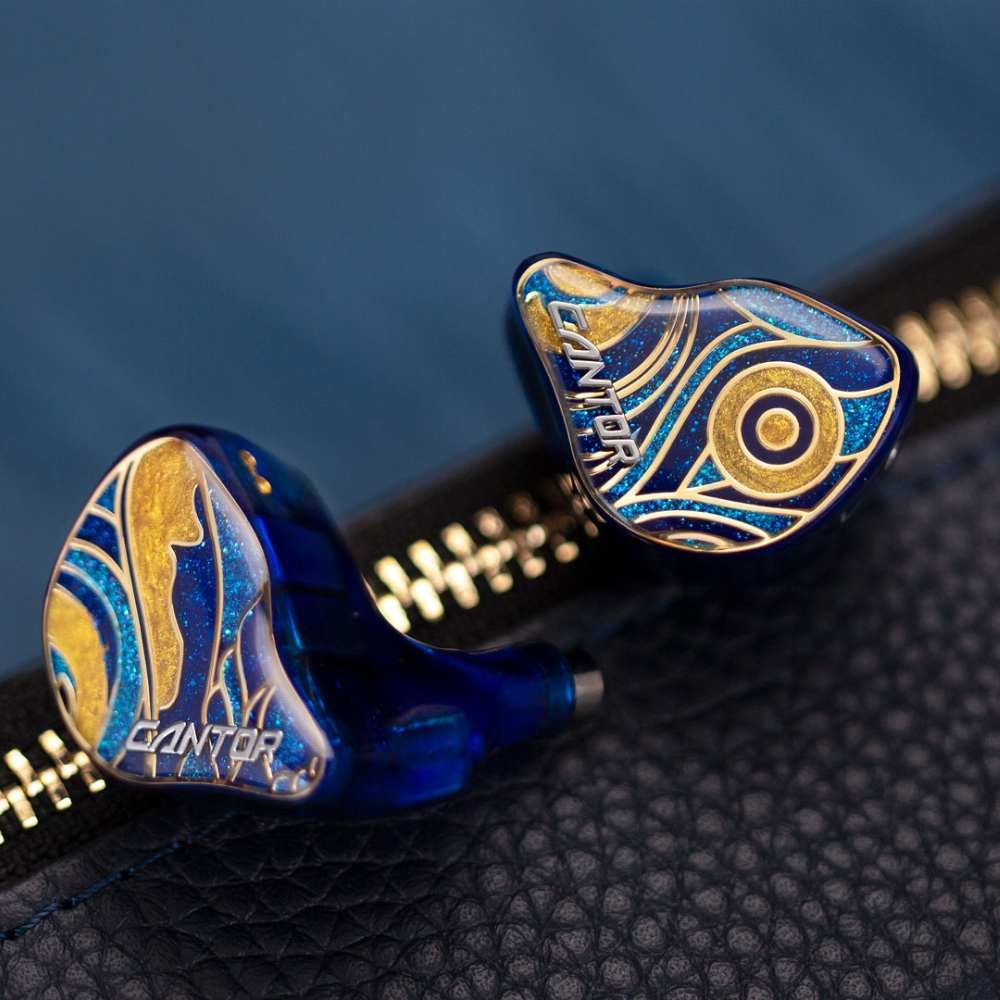Monarch Mk4vs.Cantor
Sound & Specs Comparison
Information
Both IEMs are widely regarded in the audiophile community. See how they differ in terms of sub-bass response, upper mids, clarity, and overall tonality. Spider charts and rating breakdowns included.
Objective Comparison
Facts, details, stuff.
| General Info | Monarch Mk4 | Cantor |
|---|---|---|
| Brand | Thieaudio | AFUL |
| Country | China | Taiwan |
| IEM Description | The Monarch MKIV is the latest evolution in Thieaudio’s Signature Series, now featuring a tuning switch that lets users toggle between two distinct sound profiles: STANDARD mode offers a studio-neutral tuning with clean mids and refined treble. RUMBLE mode adds +3dB sub-bass for a warmer, more powerful low-end response. It sports a lightweight T6 aluminum shell, an advanced 4-way crossover system with 9 passive components, and the upgraded IMPACT2 isobaric dual-subwoofer setup for tight, impactful bass. Treble is handled with precision thanks to improved EST driver integration for smoother and more extended highs. The MKIV also introduces the new Chocolate modular cable system, offering both 4.4mm balanced and 3.5mm unbalanced terminations with silver-plated OFC wires. A versatile flagship IEM combining technical excellence with customizable tuning. | The AFUL Cantor combines technical precision with musicality in a hybrid design. Featuring a dynamic driver for powerful bass and multiple balanced armatures for clean mids and sparkly highs, it delivers a spacious soundstage with excellent separation. Tuning leans slightly toward a balanced-bright signature, making it a solid choice for detail lovers who still want some low-end punch. |
| Price Level | 1.000 – 2.000 | 500 – 1.000 |
| Housing & Driver | ||
|---|---|---|
| Driver Config | Tribrid | Multi-BA |
| Driver Types | Dynamic Driver + Balanced Armature + Electrostatic | Balanced Armature |
| Shell Material | Aluminium with 2 faceplates options | – |
| Cable | – | 4Braid 5N OFC Cable |
| Technical | ||
|---|---|---|
| Freq Range | 10Hz – 44kHz | – |
| Impedance (Ω) | 10/9 | 20 |
| Sensitivity (dB) | 100 | 106 |
| Crossover | 4-way crossover with 4 sound tubes+2 ultra-high frequency drivers+4 high frequency drivers+2 mid frequency drivers+2 low frequency drivers | RLC Network Electronic Crossover |
| Platform Info | ||
|---|---|---|
| Comments | 2 | 1 |
| Visit Count | 429 | 128 |
| External Reviews | 1 | 1 |
Meta Ratings
// Nothing to compare yet.
Sound Characteristics
Cantor produces sub-bass that is n more textured and present in cinematic or bass-heavy tracks (8.5 vs 7.5). It offers a stronger and more impactful bass response, adding weight and presence where Monarch Mk4 feels less assertive (9 vs 8). Listeners may find the low-end impact on It a more engaging during high-dynamic passages (8.5 vs 8). Upper mids are a more resolving and expressive on It, revealing emotion and articulation better than Monarch Mk4 (8 vs 7.5). Instruments like violins and brass are portrayed with a more brilliance on It, while Monarch Mk4 sounds slightly dull (8 vs 7.5). Listeners may notice that It presents sounds with a more lateral space, giving recordings more openness than Monarch Mk4 (8 vs 7). The retrieval of faint audio cues on It is a more convincing, while Monarch Mk4 tends to gloss over them (8.8 vs 8). It organizes musical elements a better across depth, enhancing spatial realism over Monarch Mk4 (8.3 vs 7.5). Notes on Monarch Mk4 feel e more grounded and weighty, whereas Cantor can sound thin or hollow (8.5 vs 7.5). It renders timbres with m better harmonic balance, preserving the character of instruments more accurately than Cantor (9 vs 7.5). Cantor achieves a better tonal neutrality, avoiding colorations present in Monarch Mk4 (8.8 vs 8).
| Monarch Mk4 | Cantor | |
|---|---|---|
| Sub Bass | 7.5 | 8.5 |
| Bass | 8.0 | 9.0 |
| Bass Feel | 8.0 | 8.5 |
| Lower Mids | 8.5 | 8.5 |
| Upper Mids | 7.5 | 8.0 |
| Lower Treble | 7.5 | 8.0 |
| Upper Treble | 7.5 | 7.5 |
| Sound Stage Width | 7.0 | 8.0 |
| Detail | 8.0 | 8.8 |
| Layering | 7.5 | 8.3 |
| Masking | 8.0 | 8.0 |
| Note Weight | 8.5 | 7.5 |
| Slam | 8.5 | 8.5 |
| Sibilance | 8.5 | 8.5 |
| Timbre Color | 9.0 | 7.5 |
| Tonality | 8.0 | 8.8 |
| Texture | 8.0 | 8.0 |
Tonal Signature
// Nothing to compare yet.

